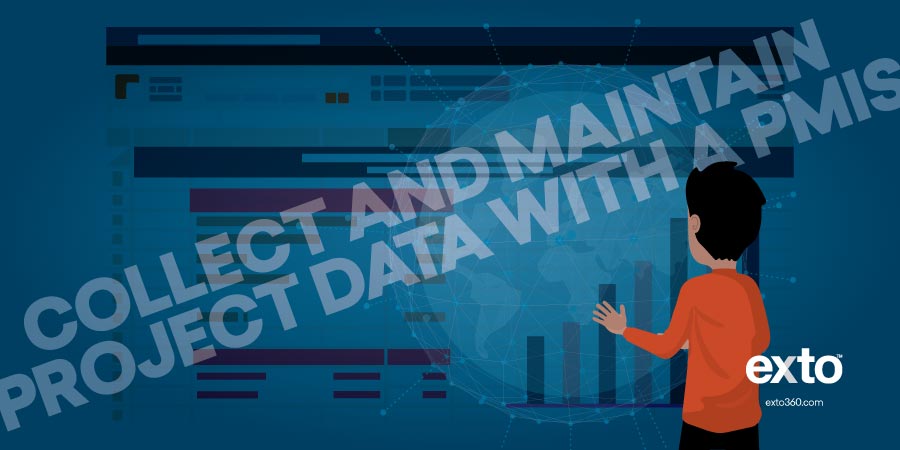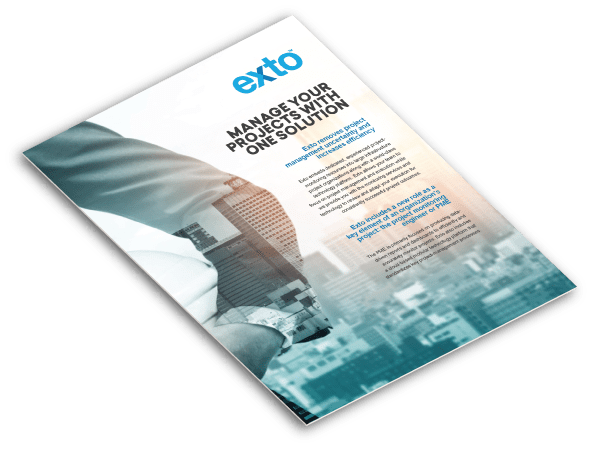PMIS Cloud Solution Benefits
Go from Construction Technology Laggard to Leader
Leaders and Followers
Why review construction PMIS cloud solution benefits? According to KPMG International’s 2019 Global Construction Survey, only about 20 percent of construction firms surveyed are leaders in the adoption of new technology. The remaining 80 percent of construction firms merely follow, trying to catch up.
Survey responses illustrate the construction industry’s vast legacy of technical conservatism. Some firms lack a coherent technology plan and implement new technology on a piecemeal basis. Other firms do not implement any new technology at all.
What is a Project Management Information System (PMIS)?
A project management information system (PMIS) – as its name suggests – gathers and organizes project information. A PMIS is made up of software applications and processes or workflows for collecting and using project information. Project managers then use this information to plan, execute, and complete EPC projects accurately and efficiently.
Many PMIS types exist, but most include scheduling tools, cost controls, job-permit management, and collection and dissemination of information to all project stakeholders. Some advanced systems automatically compile and monitor key performance indicators (KPIs), while others primarily act as document repositories.

PMIS Overview
A PMIS collects and maintains all project data so that project stakeholders can easily access, sort, categorize, search, share, and interpret the data as needed. A typical modern PMIS includes:
- Scheduling and planning: Estimate early and late project schedules, lead times, and vital execution routes
- Resource management: Resource loading, scaling, allocation, etc.
- Budget management: Align costs with individual activities for effective budget generation and prediction
- Command and performance: Evaluate and monitor costs and results, update current plans as true against expected data adjustments; include what-if scenarios for project manager
- Reporting and communication: Development of charts and graphs of data obtained and analyzed that can be exchanged with stakeholders and team members.
- Integration: Some PMISes may have access to information from EPC projects for multi-project evaluation, and integration with other systems (accounting, inventory, etc.).
- User-Friendly experience: a user-friendly PMIS increases user adoption and is cost-effective in terms of onboarding and continued use.
PMIS Cloud Solution Benefits
While on-premise construction-management information systems still exist, there are many advantages of using a cloud-based PMIS. PMIS cloud solution benefits over on-premise systems include accuracy, speed, power, performance, collaboration, real-time monitoring, and the ability to manage complicated operations.
Data collected in a PMIS cloud solution can be quickly exported to reports for project manager talking points. Even the best on-premise solution may take weeks or longer to produce similar reports. On-premise systems cannot generate and update plans, schedules, or budgets on demand. All actions that might take days or longer using manual processes can be achieved in seconds when using a PMIS. The increased efficiency and accuracy of a PMIS cloud solution also means fewer errors, fewer budget overruns, and so on, for a significant reduction in overall project costs
Begin Your Journey to Construction Technology Leader Today
Given the significant benefits of a PMIS cloud solution, construction technology laggards can quickly become leaders. The right implementation partner can review current systems, analyze processes, and identify gaps so that a PMIS cloud solution is the best fit for your organization.
Contact us today or review the brochure to learn how we can help you implement Exto to begin the journey from construction technology laggard to leader.
